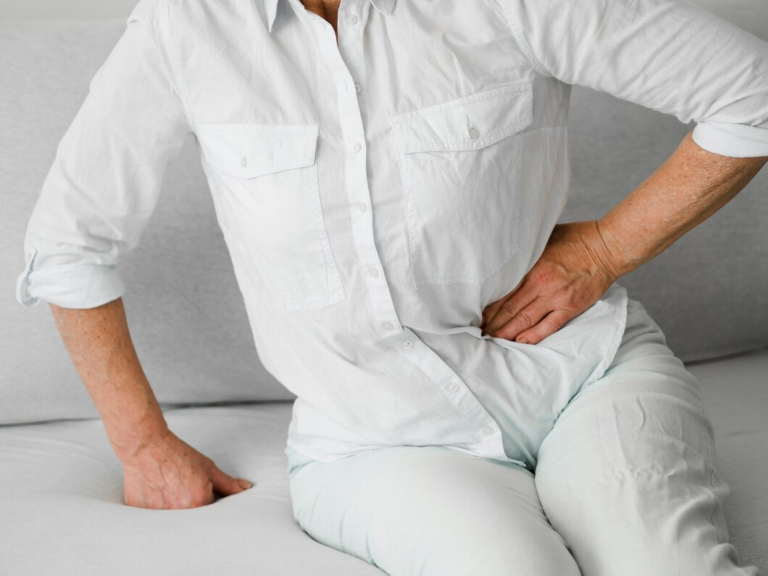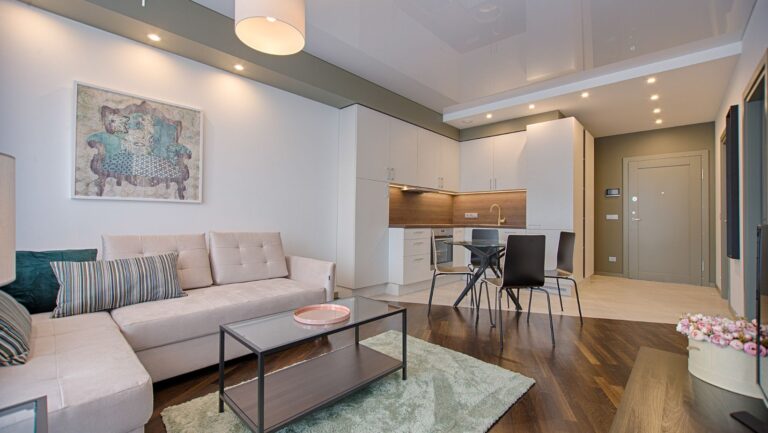Imagine an old-aged adult who relishes morning walks and having coffee with friends. But then, inconsistent incontinence comes along, and bit by bit, confidence reduces.
Embarrassed and uncertain, they start to draw back from such activities due to concerns about how they would handle hygiene challenges in a public place.
To many seniors, incontinence appears to be standing in the way of their leading a fulfilling life.
However, with the right strategies in place, including the effective use of adult diapers, this challenge can be coped with dignity and restored assurance.
Furthermore, with a few tips, including some reliable products, seniors can continue to stay active, social, and confident well into their older years.
In this article, we will discuss 5 expert tips on managing hygiene with confidence in old age.
Choose a Suitable Adult Diaper
An older adult relies greatly on adult diapers for comfort and hygiene during incontinence.
However, this product has several options, ranging from briefs, adult depends to pull-up underwear tailored for various requirements. So, to choose a suitable adult diaper, proper consideration of a few aspects is needed.
- Levels of Absorbency: Incontinence varies from person to person. For example, light absorbency diapers work fine for light to moderate leakage. Moreover, if a senior has severe leakage, they should prefer high-absorbency adult diapers.
- Assess the Fit and Comfort: Poorly fitted diapers leak, while uncomfortable ones irritate the skin. For a perfect fit, select diapers that offer a snug fit. They should also have features like adjustable tabs or elastic waistbands for improved comfort with leakage protection.
- Ease of Use: In case the older adult has limited mobility or dexterity, consider how well the product can be put on and removed. For this reason, pull-up styles are usually very ideal. They have smooth, easy slip-on-and-off mechanisms, thereby making them quite hassle-free.
Develop a Proper Diaper Changing Schedule
Changing diapers frequently can also prevent odors and skin irritations. So, an incontinent person needs to have a changing routine regarding daily requirements.
- Change When Necessary: The manufacturers of adult diapers do their best to make their products super absorbable. However, the skin’s constant exposure to moisture can lead to rashes, irritation and, eventually, infections. To prevent this, the general procedure is to check the diaper every few hours.
- Reminders: In case an older adult is likely to forget, caregivers can set the time on their phones as a reminder of a routine check. The caregivers should also supervise this timely change of adult diapers to maintain awareness of such a crucial hygienic practice.
- Nighttime Strategies: If nighttime incontinence occurs frequently, using a highly absorbent overnight diaper reduces changes. Some diapers can even last up to 8 hours.
Further, adding a waterproof bed pad can also protect bedding and keep the surface clean.
Follow Good Skin Care
Extended use of such diapers can cause skin irritation; hence, extra precautions must be taken for skin care.
- Cleanse Gently Yet Thoroughly: After each diaper change, the skin should be cleansed with mild soap or hypoallergenic wipes. Products containing any harsh chemicals or fragrances should be avoided in order not to irritate the skin.
- Dry the Area: Usually, the leading causes of skin problems for people with incontinent conditions include moisture. So, the skin should be dried off using a soft towel or absorbent wipes to minimize the moisture level.
- Apply Barrier Creams: Soothing barrier creams or ointments like zinc oxide protect the skin from constant irritation due to contact with moisture. Hence, mild or light application of such creams after every change can prevent sores or rashes from occurring.
Maintain a Hygienic Environment
Hygiene means making the living space clean and, at the very least, comfortable for its residents. It is especially essential when adult diapers become a part of life’s daily hygiene management.
- Have Disposal Bags Prepared: It is important that used adult diapers are discarded in privacy and efficiently. Odor-resistant disposable bags or bins should also be purchased for disposing of adult diapers.
- Invest in Odor Control: Air purifiers and deodorizing sprays can help with some of the lingering odors. Some adult diapers also contain built-in odor control, which can promote hygiene and benefit the wearer.
- Organizing Hygiene Supplies: Extra diapers, wipes, creams, gloves, and other supplies should be kept in an accessible location and within reach of the hygiene station.
Moreover, frequent disinfection of areas and washing hands is important for a clean and tidy environment.
Open Communication between Caregivers and the Senior
People who require assistance should communicate openly and frankly with caregivers regarding hygiene needs, particularly using adult diapers.

Embarrassing or discomforting feelings are avoidable; open discussion of incontinence has much to do with the better management of hygiene and lifestyle.
- Gain Their Trust: Trust between a patient and caregiver can make it easier to talk to them without feelings of embarrassment regarding the use of diapers. Assurance and empathy shown by the caregiver will go a long way in sustaining dignity and comfort.
- Diapering Techniques: Training in the proper way of diapering-from properly placing the adult diapers to avoiding leakage and ensuring a safe and comfortable fitting-is essential for both the caregivers and older adults.
Hence, knowledge of proper use decreases discomfort and promotes hygiene.
Conclusion
How does one stay in dignity and comfort with these age-related challenges?
With the right tools, a caring approach, and open-hearted communication, older adults can cope with hygiene and incontinence confidently.
The tips mentioned, like using the best adult diapers, good skincare, establishing routines, maintaining a hygienic environment, and open communication with caregivers- all contribute to independence and peace.
Therefore, with the acceptance of these approaches, hygiene would not just improve but also enhance the quality of life in a nurturing environment that gives respect and support.




